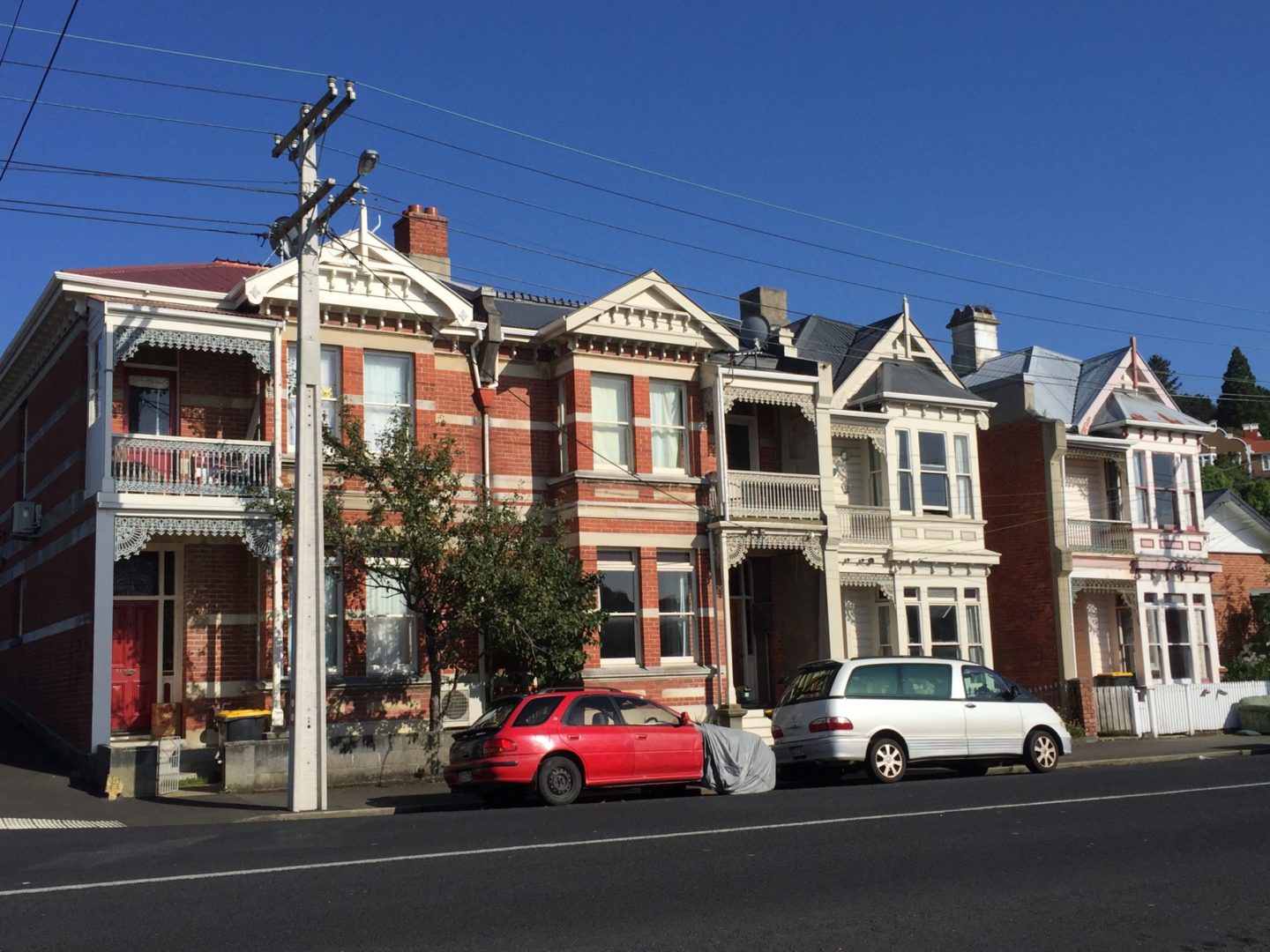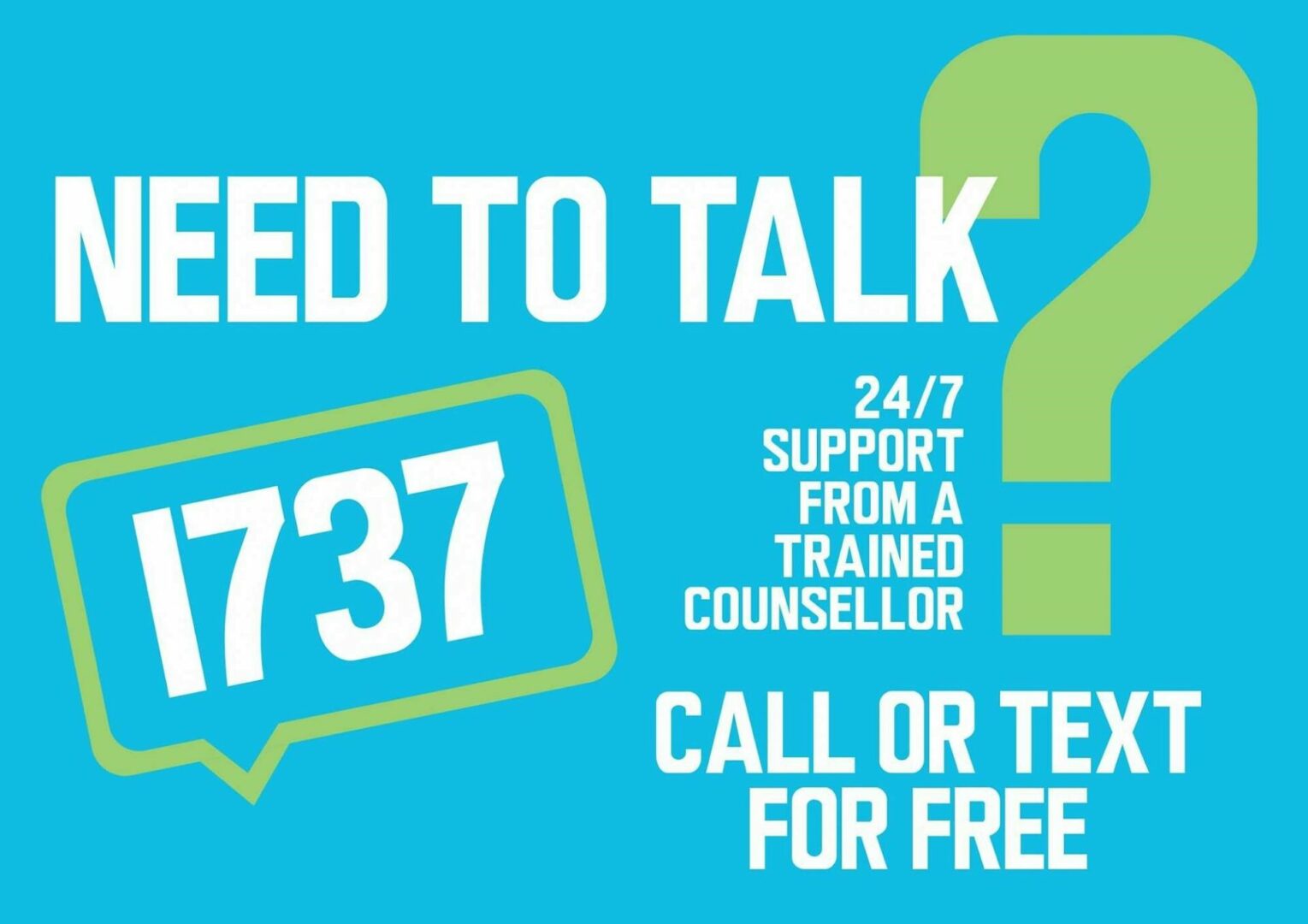Complaints
Sometimes things go wrong…
At times there may be issues within faith communities that can lead to someone making a complaint. The nature of these can vary, for example, from unhappiness about something that took place within a worship service, right through to more serious allegations of bullying or inappropriate behaviour.
Sometimes conflict is unavoidable, and relationships get damaged for a variety of reasons. All faith communities within the Diocese of Dunedin welcome concerns and complaints and are committed to working through these with a goal of restoration and right relationships for those involved. We take complaints seriously and endeavour to handle them sensitively and without undue delay.
If a complaint is against an office holder in the church, visit the Ministry Standards website for more information and to lodge any complaints. This is an entirely independent of any specific church context and will assist people in the process.

Complaints in a Church
If anyone has a complaint against another member of the same faith community, first speak with your clergy or a Warden. A complaint that is unable to be resolved locally may be referred to an Archdeacon – please contact the Diocesan Office for advice: telephone 0800 237-239; Or email safe@calledsouth.org.nz). The Diocesan Office is also available for advice around any complaint that is not likely to go beyond a faith community.
If any complaint is against an office holder, lay minister or clergy person, please visit the Ministry Standards website for information on what behaviour needs to be dealt with by the Canons (rules) of the Church, and to submit your complaint.

Complaints about a Diocesan Event
If anyone has a complaint regarding an experience at a Diocese of Dunedin organised event, contact your local clergy person. If this is not possible or does not resolve the complaint, please contact the Diocesan Office for advice: telephone 0800 237-239 or email: safe@calledsouth.org.nz.

Complaints about a Social Service
If a complaint is against someone a person has experienced as part of a social service of Anglican Family Care (Otago) or South Centre (Invercargill), please contact them directly:
- Anglican Family Care: https://anglicanfamilycare.org.nz/complaints-procedure or telephone 03 477 0801 or 0800 FAM CARE
- South Centre: southcentre@xtra.co.nz telephone 03 218 2777 or 214 0344
For other organisations, see https://www.calledsouth.org.nz/organisations/ for contact details.
If the social service was delivered by a particular Anglican church community, contact the local priest/vicar or the Diocesan Office telephone: 0800 237-239; Email: safe@calledsouth.org.nz

Need help now?
Please reach out for help if you need support right now. Talk with someone you trust, see a doctor or counsellor, or take one of these options.
Free call or text 1737 any time
Call or text 1737 for free to speak with a trained counsellor or peer support worker. This mental health helpline service is free and available 24 hours a day, seven days a week. https://1737.org.nz/
Call the police
If you have experienced a criminal action against you or someone else, please contact the police as soon as possible.
Phone 111 if you are in immediate danger or an assault has just happened. Otherwise, phone 105 or go online to www.police.govt.nz/105support

Diocese of Dunedin Complaint Principles
Click here for more information
A: Primary Principles
- The Diocese takes all complaints seriously and attempts to respond in a timely manner, including providing progress updates for complainants.
- The first duty of the Bishop, whenever appropriate and safe to do so, is to seek reconciliation between the parties to a complaint.
- The Bishop may (at his or her discretion) delegate some or all investigations around a complaint to another person (e.g. an Archdeacon), ensuring that confidentiality is maintained and retaining oversight of any ensuing process.
- All parties have the right to sensitive handling of complaints without undue delay, as well as to be treated fairly and with respect.
- The complaints process is not applicable to disagreements about decisions properly made by ministers, office holders and trustees in carrying out their prescribed duties according to our Statutes.
- The complaints process is not applicable to any matters of theological disagreement within the Diocese.
B: Standards of Process
- Complaints can be made over the telephone, by email or other electronic means or in person. For a complaint to proceed down more formal channels, it will be noted in writing and the complainant will be asked to verify and sign this record.
- No complaint will proceed if it is received from a person who did not personally experience the behaviour which is the subject of the complaint, unless the person who personally experienced the behaviour is unable to communicate the complaint themselves and the person communicating the complaint has authority to act on the complainant’s behalf.
- If a complaint is made to any civil authority (e.g. Police, Human Rights Commission) any member of the Church who properly is aware of such a complaint may notify the Bishop’s Office in writing that such a complaint has been made and the general nature of the complaint.
- Where the Bishop’s Office receives notification of a complaint to a civil agency, generally the Bishop will not take any further action until the outcome of the process being led by the civil agency has been determined, unless they are of a nature that would be seen as a possible breach of ministry standards (Title D).
- All concerns received via the Diocesan Office mechanisms (see above) and which come to the Bishop’s knowledge may be treated as a complaint, even if no formal complaint is received from any person.
- Anyone against whom a complaint is made is entitled to know the substance of the complaint and the identity of the complainant.
- No-one can investigate, mediate or determine their own case or a case in which they have a conflict of interest.
- Anyone subject to any complaint process is entitled to remain silent and nothing adverse to them shall be implied out of that silence.
- If at any point, before the conclusion of any process, the complainant and respondent are able to achieve a reconciliation with each other in regard to the complaint, the Bishop may determine that the process will cease, and their reconciliation will be recorded as the outcome.
C: Support for Complainants and Respondents
- Appropriate support will be offered to both complainants and respondents throughout any complaint process.
- All complainants and respondents are entitled to appoint their own support persons.
- Support persons appointed by the complainant, or the respondent are entitled to attend all meetings attended by the party they are supporting.
- Support persons do not have a right to speak during any processes unless invited to do so by the facilitator, mediator or person presiding, and then only with the consent of all parties.
D: Initial Procedures on receipt of a complaint
- Any complaint not resolved by wardens-clergy in a faith community or by an Archdeacon, must be conveyed to the Bishop’s office, either in writing, or by some other means. It will then be confirmed in writing by the complainant before any action is taken.
- The Bishop will, within 7 days of receipt, acknowledge receipt of the complaint.
- The Bishop will first determine whether this is a matter to inquire into or not. The Bishop may seek advice from the Chancellor or Legal Advisor or other persons the Bishop thinks appropriate before making that decision.
- The Bishop may determine that a complaint is frivolous, vexatious or malicious. In that event the Bishop will disallow further processing by the Church of the complaint.
